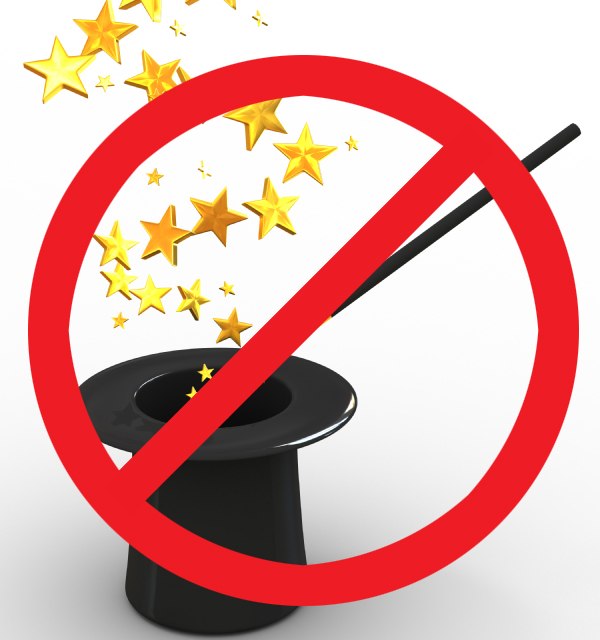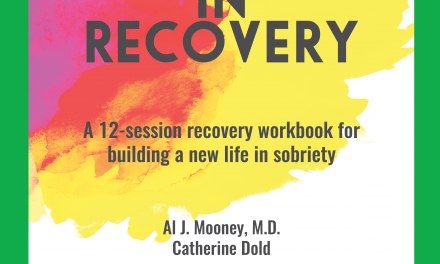It’s a familiar headline, oft-repeated during the effort to legitimize the use of ‘psychedelic’ drugs in therapy. This time it’s ketamine, but LSD, ayahuasca, MDMA, mescaline, and ‘magic mushrooms’ have also been subject of favorable reviews.
Ketamine Blew My Mind: Can Psychedelic Drugs Cure Addiction and Depression?
Anyway, the answer depends on how we define cure.
Early in my student days I attended a Grand Rounds that featured a discussion on this subject involving a psychiatric resident and his Chief. Both were ex-debaters so I’m sure they could easily have argued either side. One maintained that once symptoms of addiction had been absent for an extended period, we should consider our patient ‘cured’. His opponent countered that since we lacked any way to ‘prove’ that addiction had actually been eliminated, and the risk of relapse remained prominent (general agreement on that point), it made more sense to consider the patient as in remission.
This in fact is how DSM5 handles it with its Substance Use Disorders (SUDs) category.
The remission model helped solve a few practical problems in treatment. For instance:
- The need to explain relapse. Patients who expect a ‘cure’ for their addiction may resume drinking or drug use once they’ve satisfied themselves that now, with a period of abstinence behind them, the problem may have gone away. Experience suggests this can lead to new and more serious consequences.
Take the case of a master goldsmith who went back to alcohol after 25 years of sobriety. Three months after he resumed drinking, he was admitted to the acute hospital for medical detoxification. As it happened, he had expected that a quarter-century of abstinence would put an end to his alcohol problem. He was surprised and disappointed to discover it had not. “I figured even if I was wrong, it would be a couple years before I needed help again,” he confessed. But he began bingeing after only a few weeks.
- It helps discourage further attempts to regain lost control. Many arrive in rehab with long histories of trying to ‘master’ their substance use through force of will and various control strategies. They’re in treatment because it hadn’t worked. That doesn’t mean they’ve given up, however. Once they feel better, it’s tempting to take one last shot at success. “This time things will be different,” they tell themselves.
- It motivates people to stick with a recovery program. If you believe you’re cured, why bother practicing a recovery program? “You don’t know me, mate,” someone will say to the counselor. “Once I make up my mind, it’s finished.” Famous last words. Ironically, family members can inadvertently reinforce this error by assuming that treatment has ‘fixed’ their loved one, once and for all. That’s referred to as the ‘washing machine’ model: “Goes in dirty, comes out clean.” If only, huh?
Relapsed patients can offer a host of reasons for the decision to return to substance use. A few examples:
- “I guess I just wanted to feel that high again.” We might compare this to the patient with bipolar disorder who longs to re-experience the euphoria of the manic phase — even knowing that depression will follow.
- “There was no real reason, it just sort of happened.” For some, the urge to get loaded is so deeply conditioned it’s a reflexive response to certain situations. Think: an airplane when the autopilot is in control.
- “Just seeing those people made me long for a drink.” Craving can be triggered by things strongly associated with past use — from bumping into the wrong person, to a particular sight or sound — anything that reminds one of the good feelings drugs can create, blotting out memories of the bad stuff.
- “I was sober but I still didn’t feel good.” Based on the misconception that once you’re off drugs or alcohol, life should be a breeze. It’s a big disappointment when it isn’t.
The disease-in-remission view just seemed to make the realities of their new lifestyle more palatable, and perhaps easier to accept.












